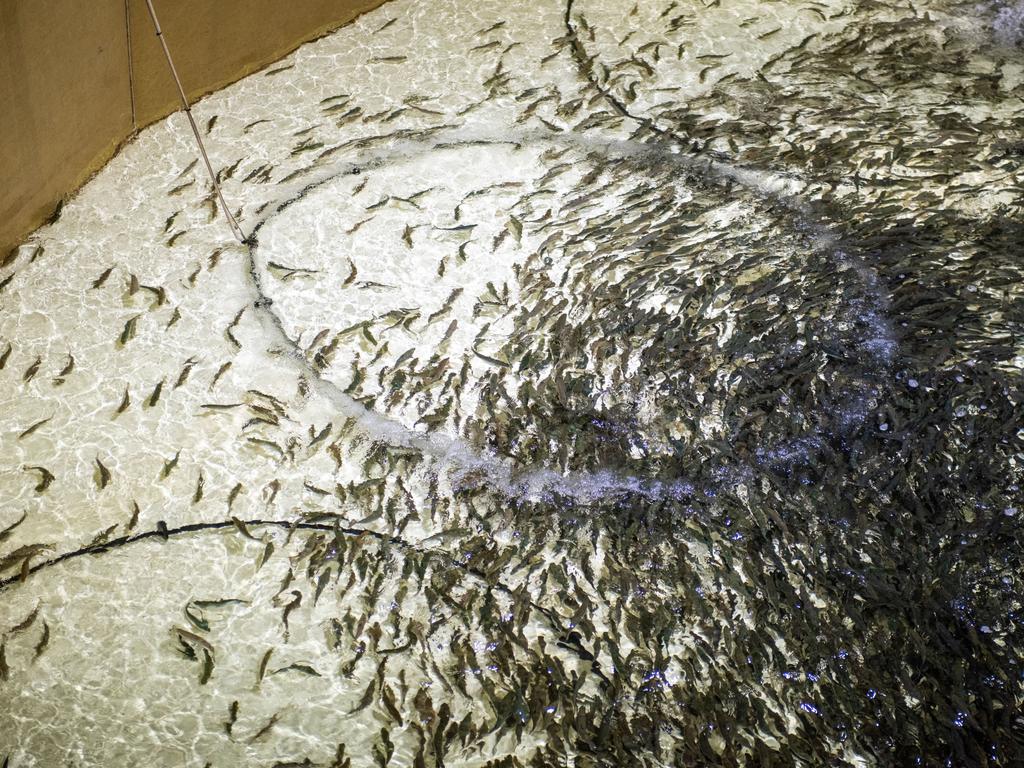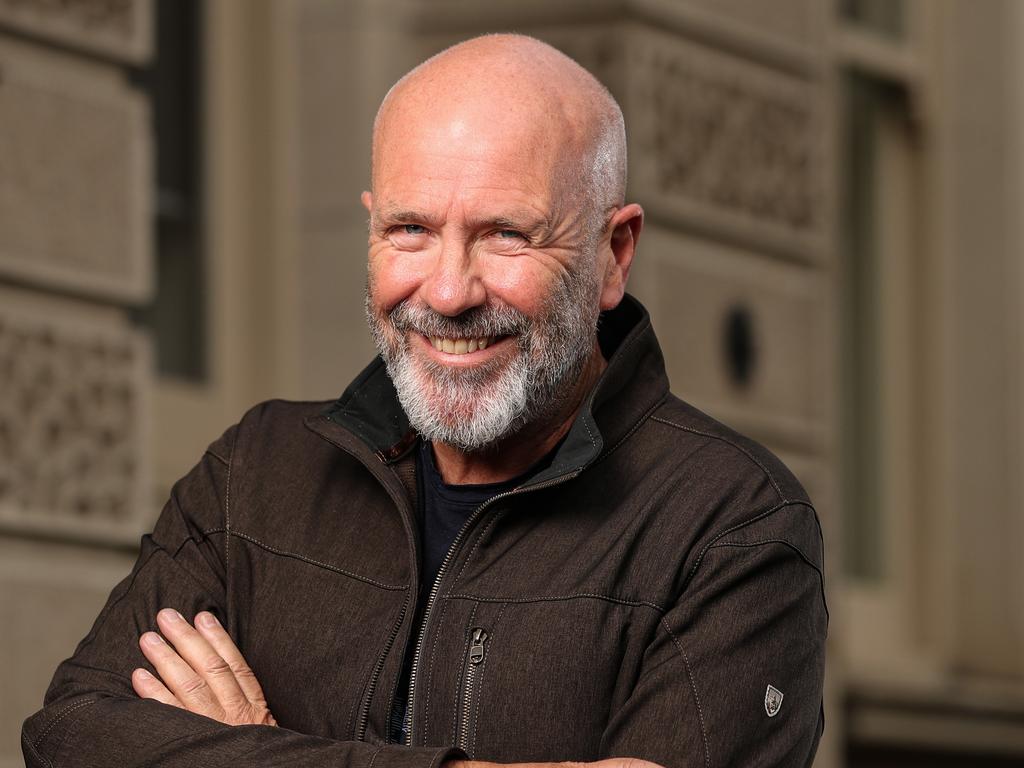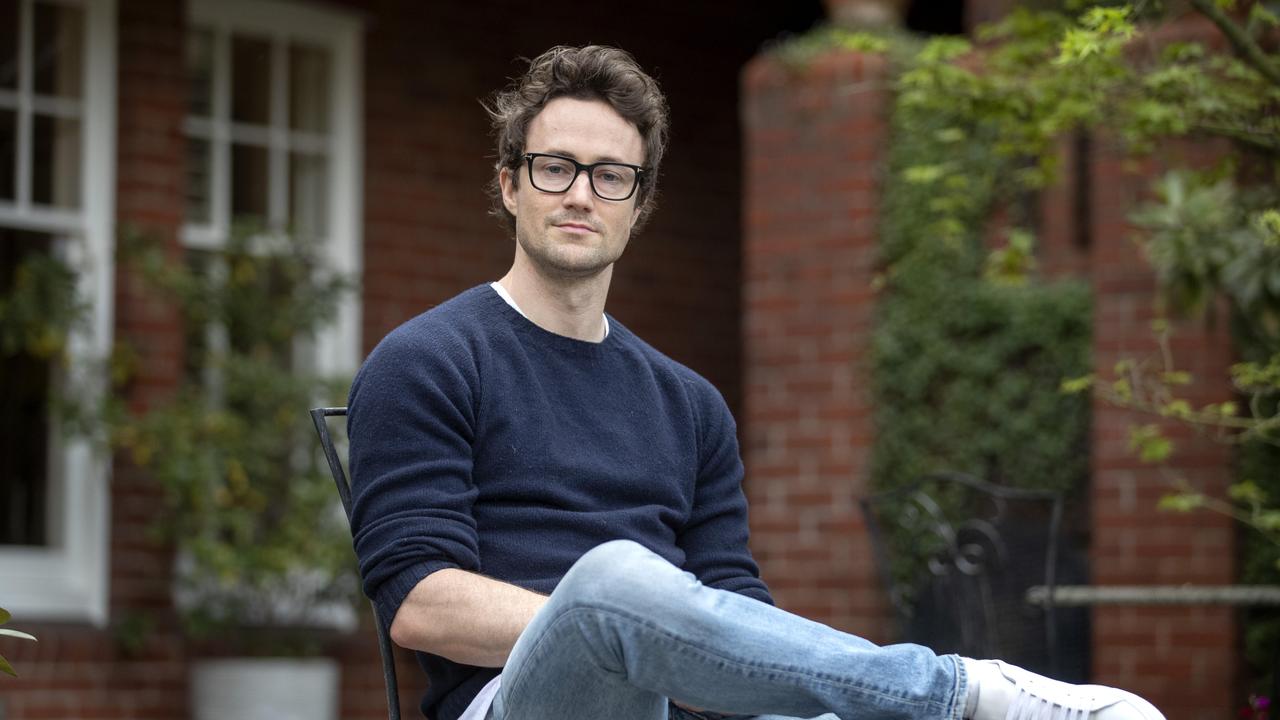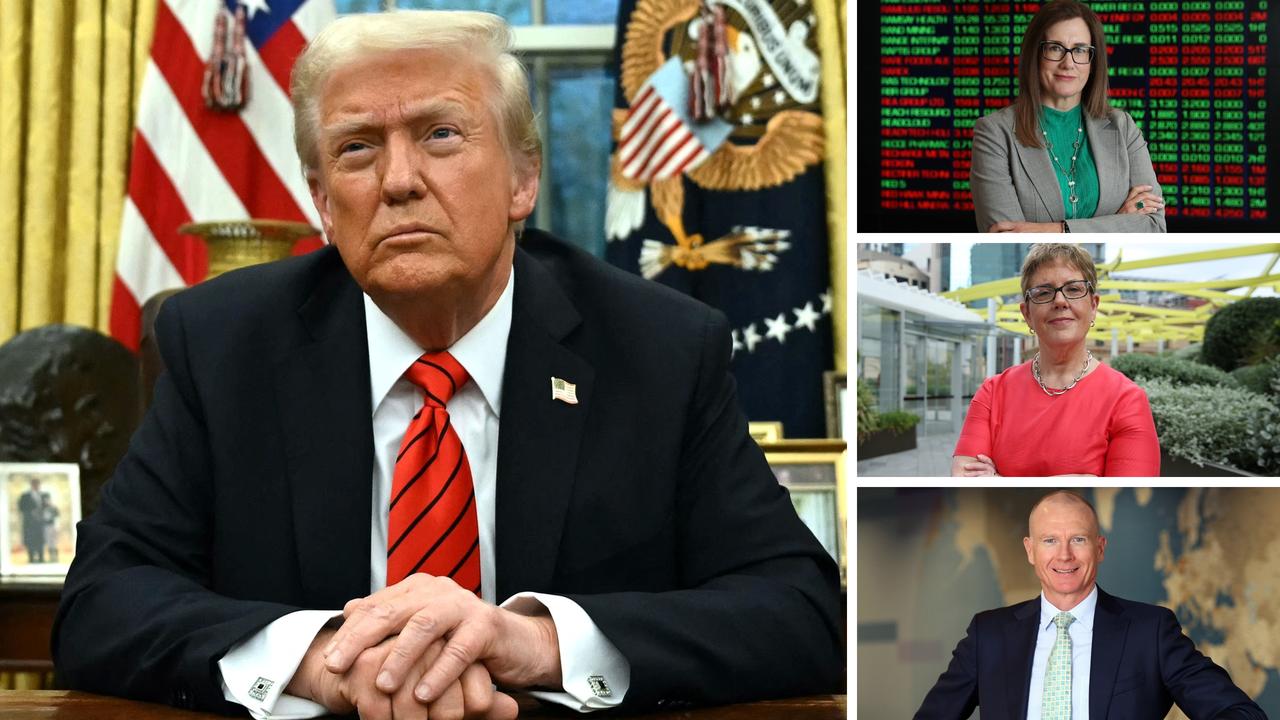Something smells here … and it’s not the fish
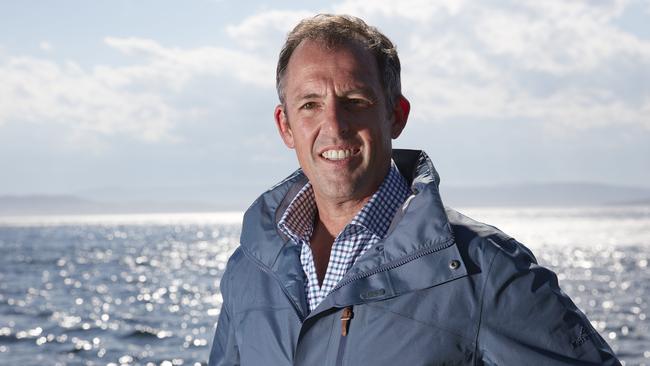
The farmed seafood industry is no small fry. Between them, the two largest publicly listed companies – Tassal and Huon – made sales of just over $1bn in the last financial year. Most of that is salmon stocked in Coles and Woolworths supermarkets around the country.
Tassal and Huon’s financial results – lodged with the ASX – also show the importance of being, or at least appearing to be, clean, green and eco-friendly.
Scattered between sales figures and production targets is a volume of commentary about sustainability. “For us, our people and our reputation will always be our most valuable assets, so recent coverage has been a catalyst to continue our pursuit to respond to what matters to all our stakeholders,” Tassal chief Mark Ryan told shareholders in August.
He was referring to novelist Richard Flanagan and his book Toxic, which alleged the industrialisation of salmon farming was dumping huge amounts of chemicals and waste in Tasmanian waterways.
(Ryan described the claims as “inaccurate, baseless, or not supported by independent experts or scientific facts”.)
Both Huon and Tassal have gone to considerable effort – and expense – to secure the endorsement of industry accreditors ASC and charities like the WWF and RSPCA. These provide consumers and supermarkets a level of comfort.
Now the WWF says the industry is unsustainable. Both the charity and Huon have called the ASC certification into question. And it’s more than a minor brawl over paperwork.
Consumers must have some assurance these products don’t wreck the environment.
And right now, the industry looks and smells all very rotten.

